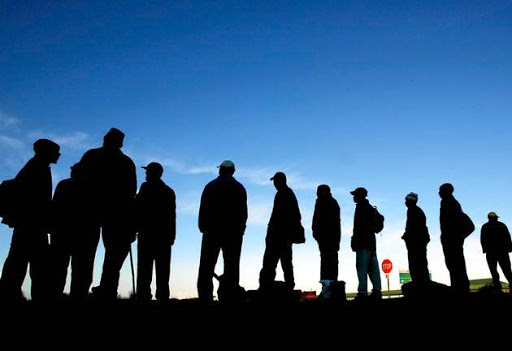Go BIG in a commodity boom, but then what?

The government’s R39bn relief package for individuals and businesses following the negative economic effects of level 4 lockdown and the looting in KwaZulu-Natal and Gauteng unequivocally demonstrates two crucial aspects about SA’s fiscal management that must be properly understood, especially by those who continue to call for more welfare spending such as a universal basic income grant (BIG) and higher public sector wages.
The first observation is that only R2.7bn out of the R39bn relief package could be reprioritised within the existing budget, which demonstrates that there is no room to manoeuvre within the existing budget framework to add more unplanned expenditure. The Treasury has been reprioritising already reprioritised funds, and cannot reprioritise more without further eroding the level and quality of service delivery or completely ending some government programmes.
The second observation is that the largest portion of the relief package, R36.2bn, will be funded from the better than expected tax revenues and not increased debt. This is a clear demonstration that building fiscal buffers must be an integral part of the fiscal framework and fiscal management going forward.
When the Treasury reported that tax revenues for the fiscal year 2020/2021 would outperform the 2020 medium-term budget policy statement estimates by about R100bn, there were immediate calls for increased spending. These calls got louder when it became clear that tax revenues continue to run ahead of the budget. The BIG is one of those calls that now apparently looks affordable.
To use a simple analogy, I remember some years back when an acquaintance bought the latest Arsenal jersey ahead of the London derby because he had just got windfall pocket money and could thus afford it. The problem was that the thinking was extremely short term with no risk management in place, and as fate would have it, given the poor decision, he walked the long journey from the University of Johannesburg’s Kingsway campus to Braamfontein as he could not secure a loan for transport to save him from his need for instant gratification.
This is a very simple parallel that many on the bandwagon of a welfare state will dismiss. However, saying a BIG is affordable now looking at one or two fiscal years alone is lazy and clumsy thinking, or outright opportunistic exploitation of politicians’ need to appease the voters ahead of the local government elections.
What happens in year three when commodity prices are no longer there to deliver better than expected revenues? What will happen when climate change brings economically devastating floods or fires or drought? These will only become more frequent, not less, and we will have to be prepared.
Given an established sustainable borrowing ability, the government’s structural or permanent spending must be based on a proportion of the structural growth in revenues that exclude temporary tax outperformance. Permanent spending programmes such as the BIG must be based on permanent and sustainable revenue sources.
The debates on revenue sources point to more taxes, be it wealth taxes, personal income taxes, corporate income taxes, the removal of pension fund contribution deductions and medical tax credits — or some obscure tax on foreign currency transactions, as proposed in an economic report for the Institute of Economic Justice.
Interestingly, this report uses questionable macroeconomic modelling from Applied Development Research Solutions as its baseline. These are silent on the negative implications of high taxes on economic growth, a fundamental flaw on the whole proposal.
Policymakers must make policy choices that guarantee sustainability while talking about immediate needs for relief. The guarantee for sustainability includes building fiscal buffers that will respond to economic shocks without altering a significant portion of government’s programmes. Failing to do this is a policy choice we make today to be reactive in future economic shocks when we might not have a tax windfall to fall back on.
